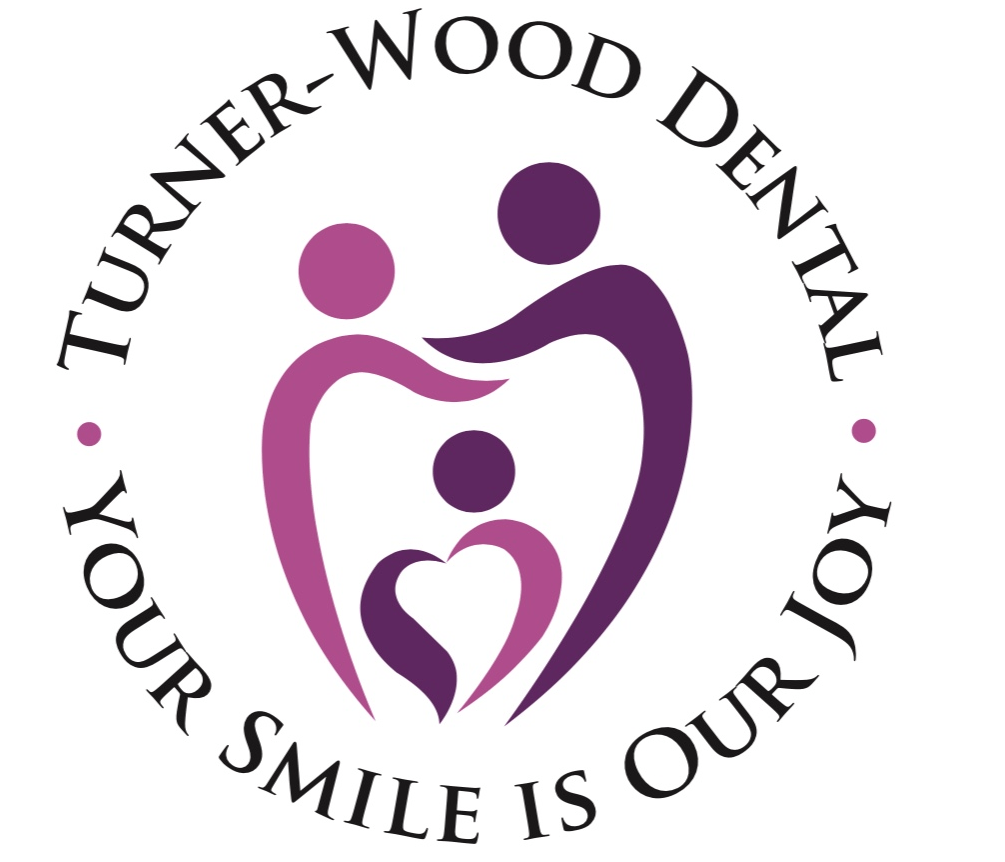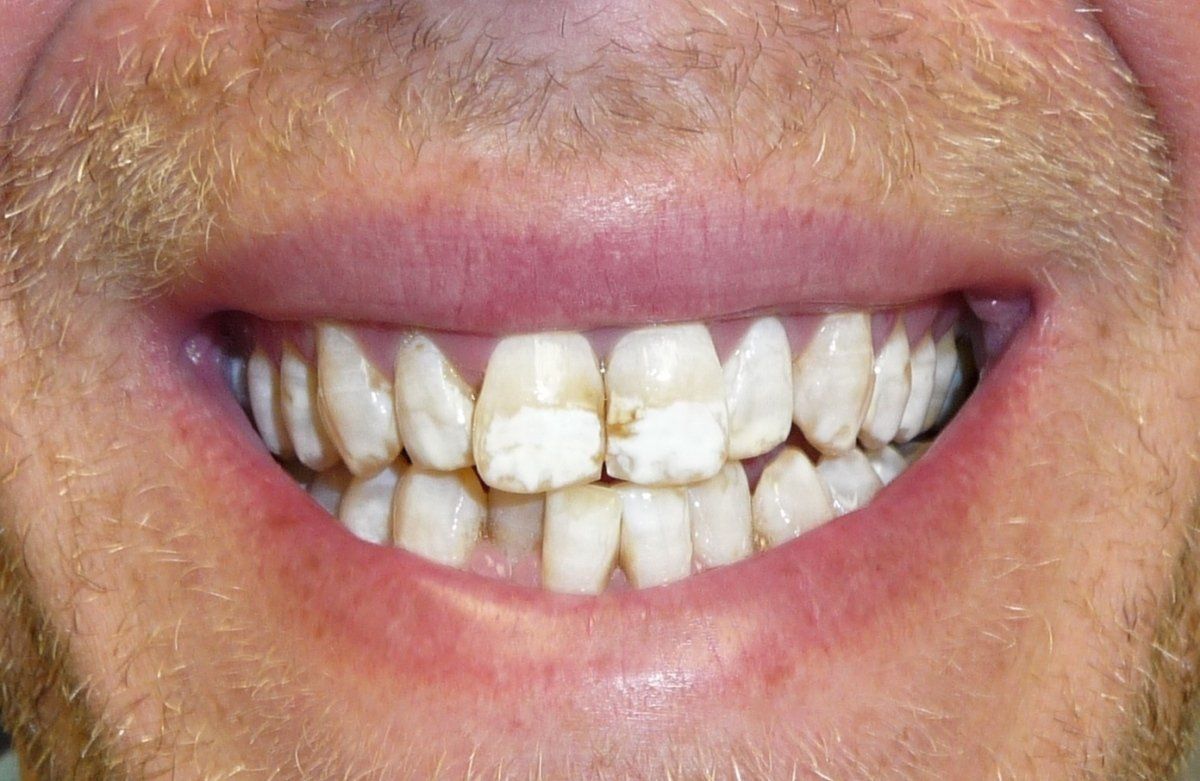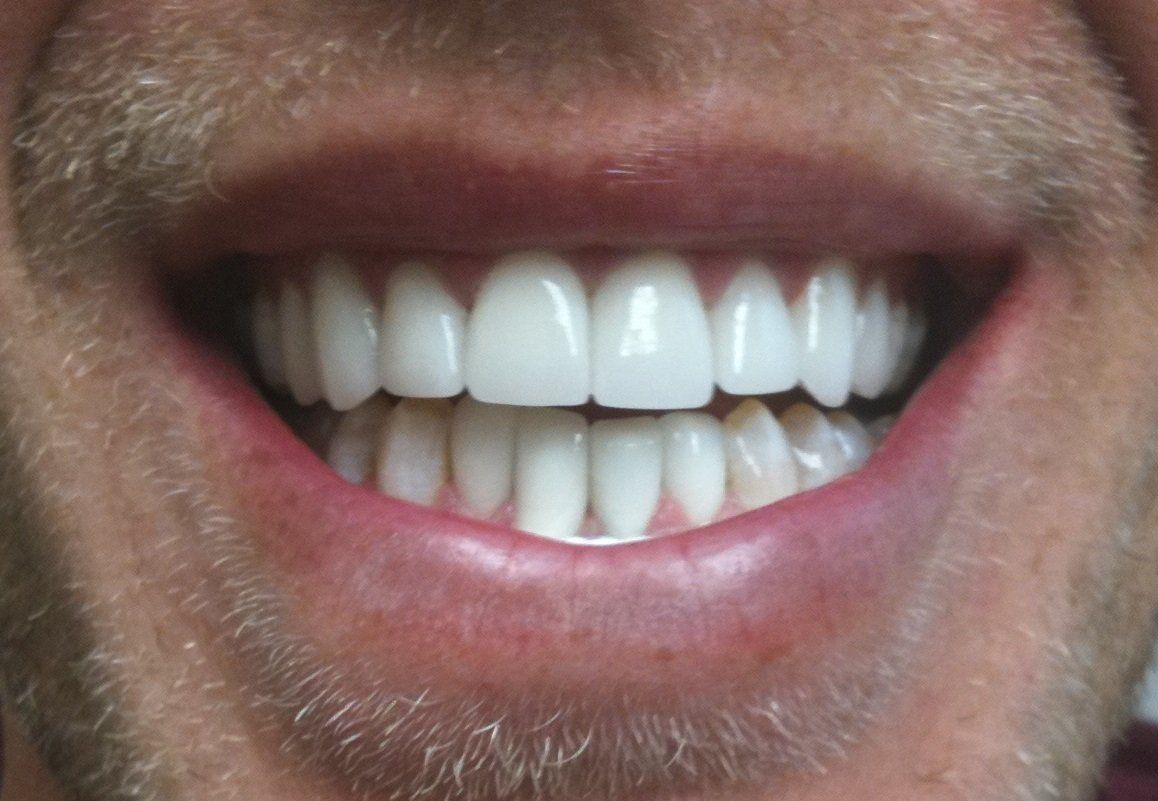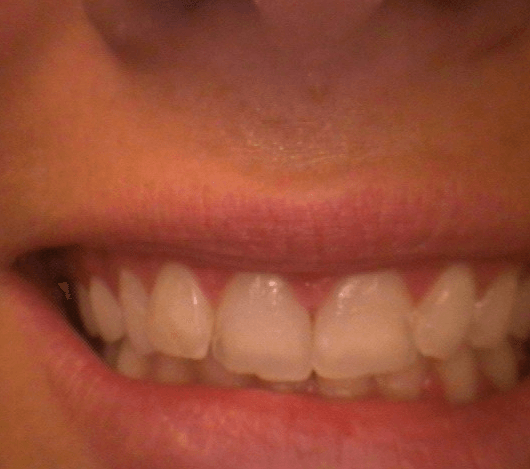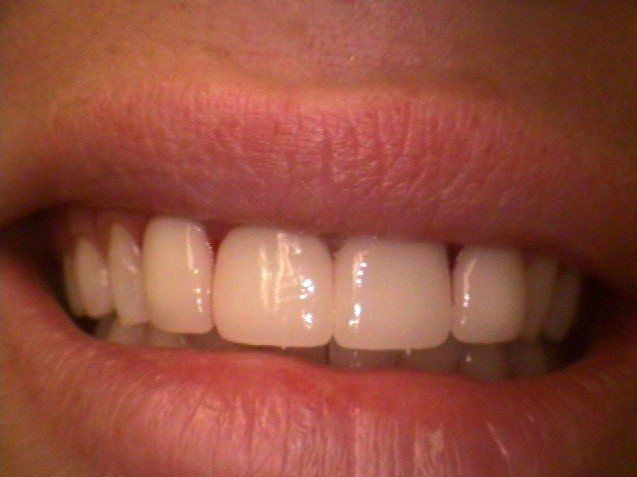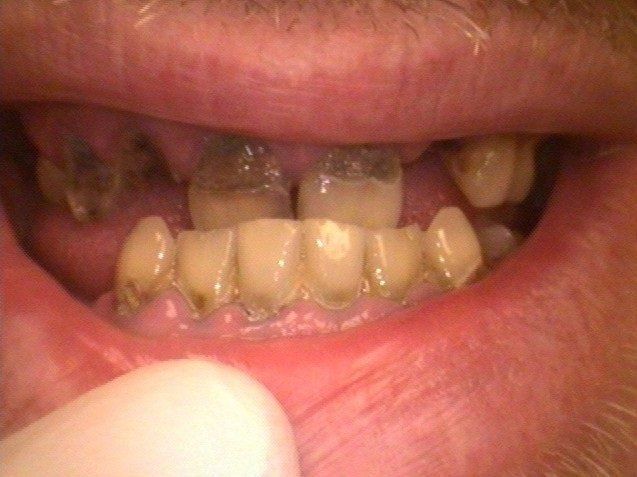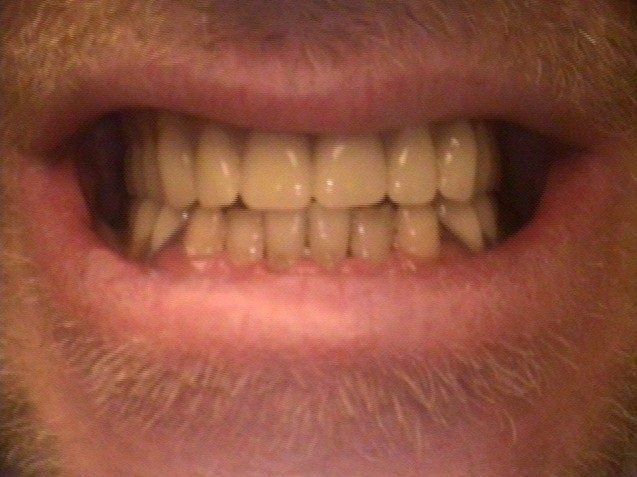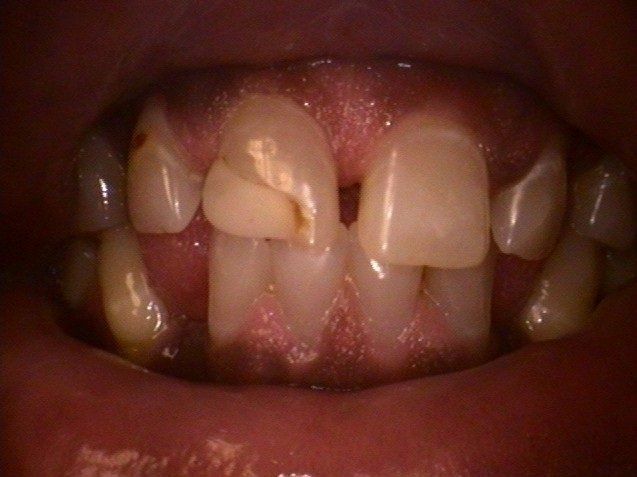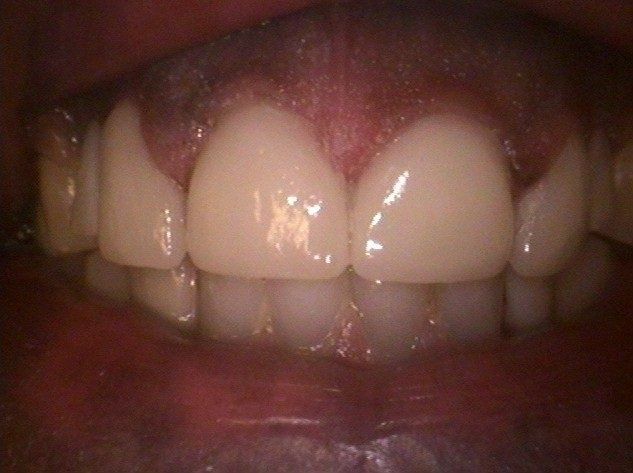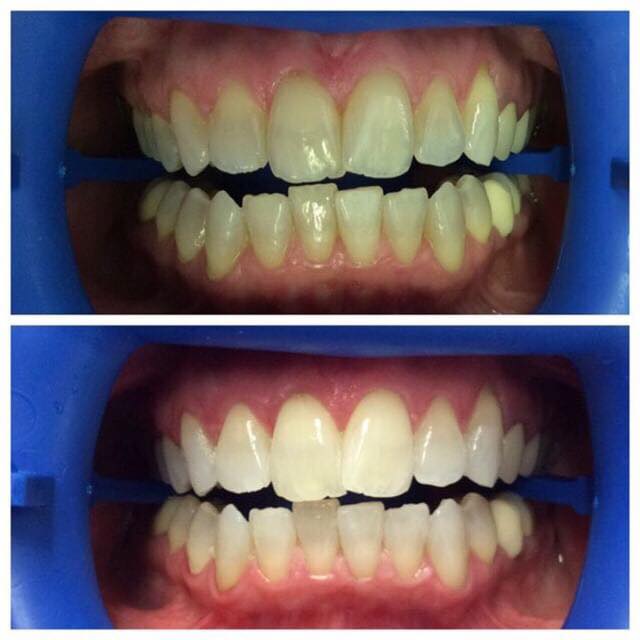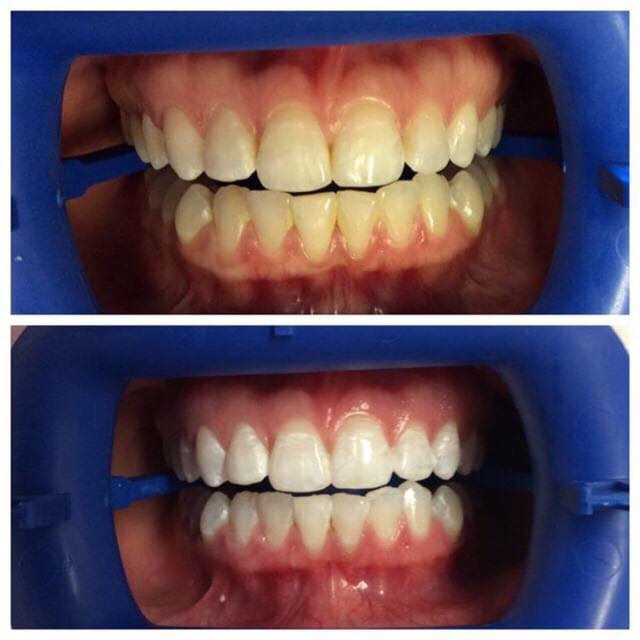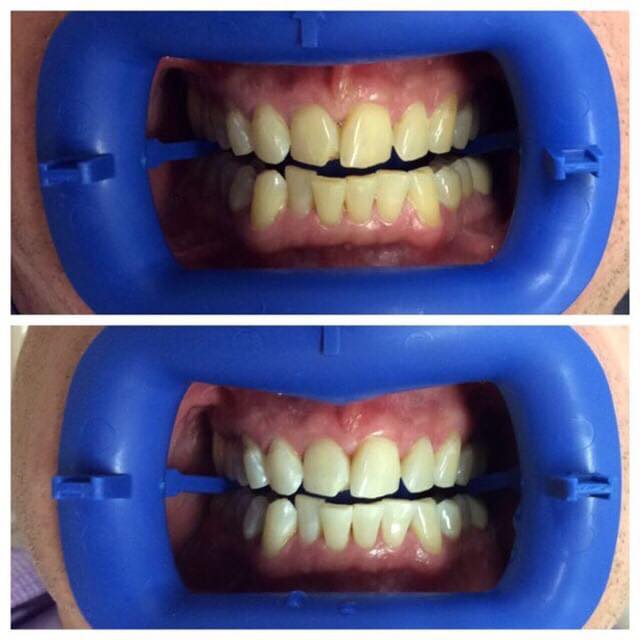500 Mullica Hill Rd., Glassboro, NJ 08028 (Directions)
Call 856.881.5080
To Schedule Your Appointment!
Before & After
Turner-Wood Dental Welcomes You!
Contact Us
Phone: 856.881.5080Fax: 856.881.5081
Office Address:500 Mullica Hill Rd.Glassboro, New Jersey 08028
Office Hours
Monday - 9:00am to 2:00pmTuesday - 9:00am to 6:00pmWednesday - 9am to 5:30pm
Thursday - 9am to 5pmFriday - ClosedSaturday - ClosedSunday - Closed
Make A Payment

Recent News
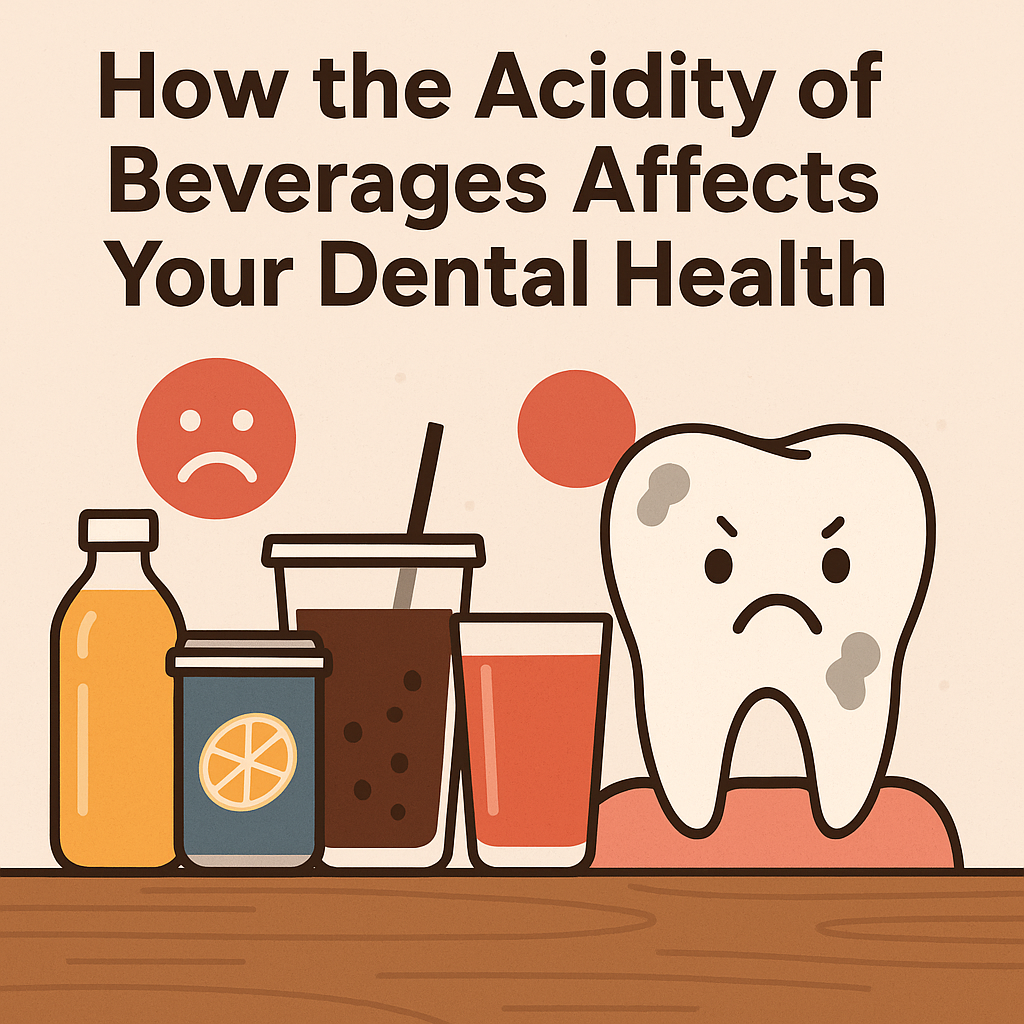
By Gina Sine
•
August 5, 2025
When it comes to maintaining a healthy smile, most people focus on brushing, flossing, and limiting sugar intake. But there’s another important - and often overlooked - factor in dental health: acidity. The pH level of the drinks you consume can directly impact the strength and longevity of your tooth enamel. Here’s why that matters. What Is pH, and Why Does It Matter? The pH scale measures how acidic or alkaline a substance is, ranging from 0 (most acidic) to 14 (most alkaline). A pH of 7 is neutral, which is ideal for your mouth. When the pH in your mouth drops below 5.5, your enamel begins to demineralize—or wear away. Unfortunately, many popular beverages fall well below this threshold. Common Beverages and Their pH Levels Here are the average pH levels of some everyday drinks: Soda: 2.3–3.4 Fruit Juices (like Orange or Apple): 3.3–4.2 Sports Drinks: 2.9–4.0 Coffee: 4.5–6.0 Sparkling Water: 3.0–4.0 Bottled Water: 6.5–8.5 While bottled water seems like a safe choice, not all brands are created equal. Some can actually test on the acidic side, depending on their source and filtration method. Look for bottled water with a neutral or slightly alkaline pH (7.0–8.5) to support better oral health. How Acidity Affects Your Teeth When acidic beverages lower your mouth’s pH, the enamel on your teeth begins to soften and erode. Over time, this can lead to: Tooth Sensitivity Discoloration Increased Risk of Cavities Long-Term Enamel Loss Unlike other tissues in your body, enamel doesn’t regenerate—once it’s gone, it’s gone. Tips for Protecting Your Smile Here’s how you can reduce the effects of acidic beverages: Choose drinks with a higher pH (like neutral bottled water) Limit acidic drinks to mealtimes Use a straw to minimize contact with teeth Rinse with water afterward Wait 30 minutes before brushing to avoid brushing softened enamel
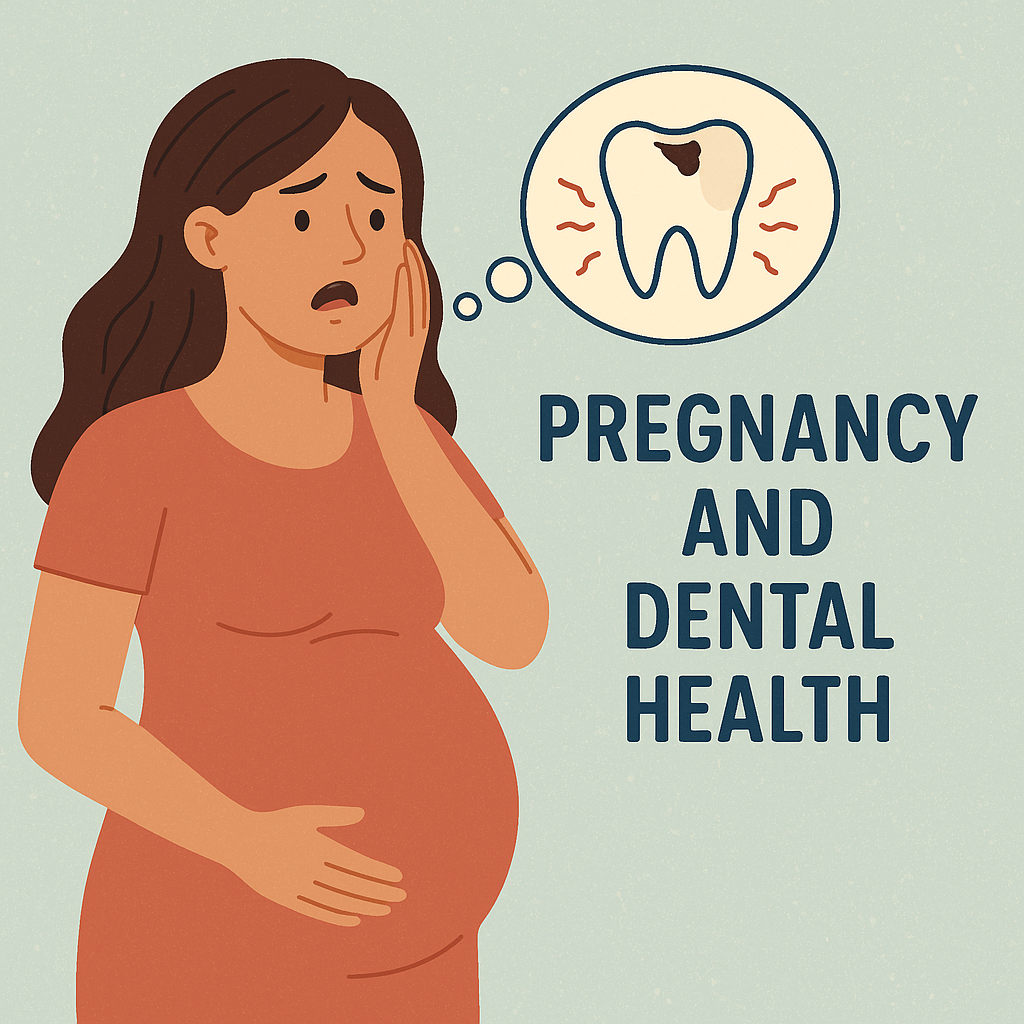
By Morgan Carerro
•
July 23, 2025
Pregnancy brings so many changes, but did you know it can also affect your gums? Hormonal shifts can cause gum inflammation, known as pregnancy gingivitis; leading to red, swollen, or bleeding gums. When left untreated, this can progress to more serious gum disease, which studies have linked to pregnancy complications like low birth weight and premature delivery. The good news? Regular dental cleanings are not only safe during pregnancy -- they're highly recommended. Cleanings help manage plaque, reduce inflammation, and protect both your oral and overall health. The second trimester is the ideal time for care, but it's never too early to check in. Let us know if you're expecting and we'll make sure you're comfortable every step of the way!
We offer quality dental services in Glassboro, Pitman, Sewell, Mullica Hill, Woodbury, Deptford, Mantua, and Swedesboro, NJ and all surrounding areas.
© 2025
Turner-Wood Dental, LLC | All Rights Reserved
Web Design: Simple Websites Fast
